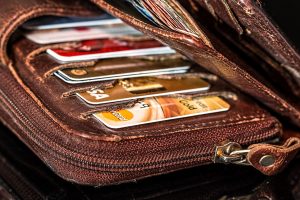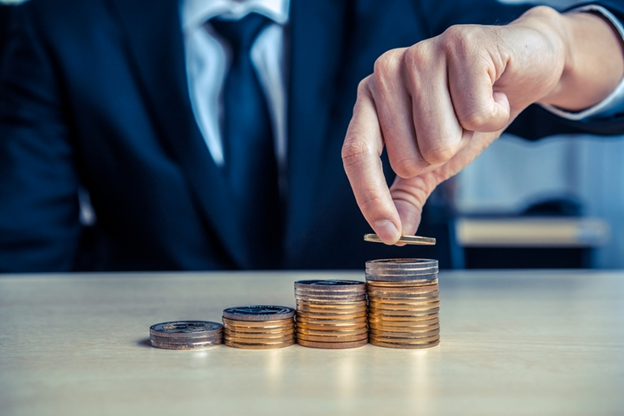Sometimes we just don’t know what life can throw our way. I know firsthand just how much one unexpected expense can turn into a total financial disaster. However that was back then, now that I’ve survived a financial emergency I know how to plan for it and hopefully be as prepared as possible.
I know it’s hard to plan for the unexpected but there are a few steps we can take to ensure that an unforeseen financial emergency doesn’t put too much of a dent in our overall financial wellbeing. I’m sure the last thing anyone wants is to deal with a crisis and worry about being in debt at the same time.
An financial emergency is any event that you did not expect to have and costs money that don’t really have to spend. This can include anything from unexpected car repairs to last minute travel for a family emergency. We just never know what’s going to happen and that’s why it’s just smart financial habits to start saving now, in case the worst happens later.
Save anything you can
They say that you should have three months of your total living expenses saved in case of a financial emergency. The truth is that such a large sum of money can take quite some time to save. So the way to conquer the goal is to start saving regularly today.
Even if you can’t currently afford to save as much as you want every month remember that saving even a little bit of money is adding up to more than if you didn’t save anything at all.
Don’t invest for the long term
We never know when an emergency will happen. Although I’m sure we all secretly hope it never will, we have to be aware that it can literally happen at any time. You could wake up one morning as you always do and be dealing with a crisis by noon. This means you always need to have access to your money at a moment’s notice.
Emergency savings funds should always be placed in cash or close-to-cash investments such as t-bills or money market funds. These types of investments are considered to be liquid and therefore give you instant access to the money or at least within 24 hours.
Leave room on your credit cards
Until you’re able to save enough money in an emergency fund one way to make sure you can afford unexpected expenses is to use your credit card. Of course this is not an ideal situation, but it will get you through the temporary panic.
If you don’t have an emergency savings fund and you don’t have any room on your credit cards I’m not sure what you would do in the time of an emergency. Maybe you could borrow money from family or friends, but it’s not a good idea to rely on someone else for your financial wellbeing.
Always replenish your stash
If you do end up using money from your emergency savings then make a plan to replenish it after the dust settles. Unfortunately you just never know when you’ll need it.






